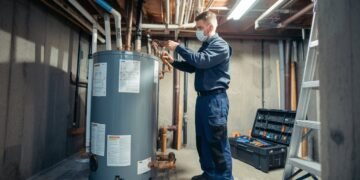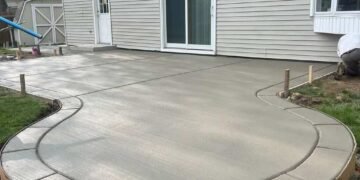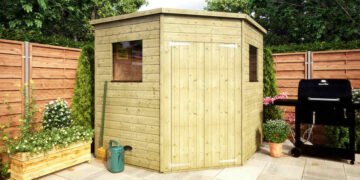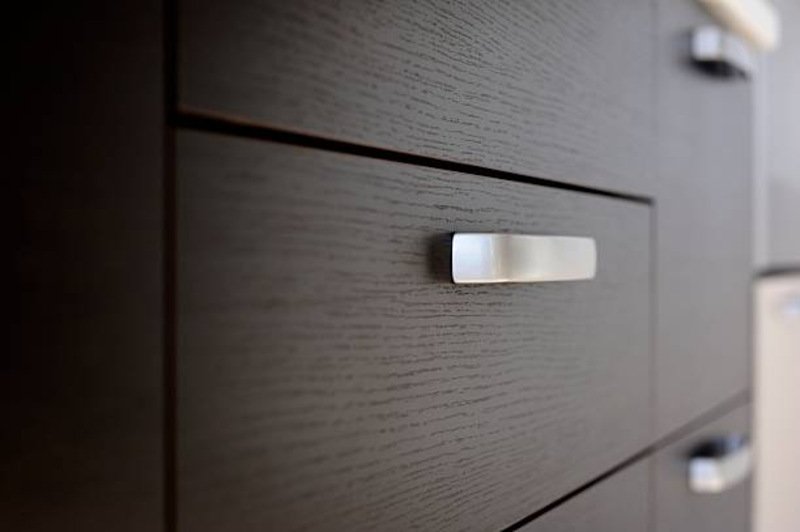Owning a home brings with it a million things to look out for. From paperwork to value purchases to renovations, there’s a lot to juggle. That’s why it’s no surprise that things slip by many homeowners and stack up in terms of costs. Let’s look at some of the often overlooked issues that might be costing you more than necessary (and how to fix these).
Boiler Efficiency Loss
Over time, boilers lose efficiency and become far less effective at producing heat. They end up taking more electricity to do the same job. That’s why we need you to keep an eye on these and make sure they’re operating properly. Here’s how you know it’s time to switch up your old boiler.
- Your current boiler is older than a decade
- You’re seeing heating bills rise disproportionately to the cost of utilities
- The boiler is making disruptive noises
- System errors crop up
- Replacement parts are becoming scarce
- Less consistent heating than before
So now you might be thinking “Do I need to buy a new boiler? Those are expensive!”. Good news: You can offset a decent portion of the central heating installation cost with the help of subsidies. These subsidies can help pay for a chunk of the money you’ll need for the installation, so why not check with an installer if you’re eligible?
Leaky Taps & Faucets
Leaking taps and faucets might not seem like a massive issue if they’re not actively gushing, let’s put things into perspective. A single leaky faucet could be costing you up to 20 gallons of water daily which adds up to a lot. Mitigating this requires regular checks.
However, for situations where the taps and faucets might be in disrepair, you may want to talk to the manufacturer about its warranty. There is a chance you can get a discount or a free new tap depending on the provider.
Other leak sources to consider are washing machines, boilers, and dishwashers. Checking water loss and leaks in these spots could help mitigate unseen and unnecessary costs that could be passively accumulating.
Window Glazing Could Save Your Heating Bills
Window glazing is an important component of deterring passive heating costs. That’s why one should be careful about what types of windows they install. Wooden double glazed windows can be the most effective way to keep costs down.
How much could you save? A home with A-rated windows could save from £120-155 annually depending on the number of windows they have, according to the UK government. These could help you earn back any expenses for the windows in the long run. Additionally, these help with noise reduction and allow for better security as well.
For those who already have double glazing, they may even want to opt for triple glazing. However, it’s best to research carefully since not every home will benefit from the additional layer. It’s best to consult an installer so you can understand what windows will suit your needs the most.
Smart Systems For Smarter Heating
Smart thermostats can maintain an ideal temperature at home and keep track of the various energy usage inefficiencies in your home. A decent heating control system can even clock your usage and find the best patterns for your needs. This helps you optimise your heating to develop an efficient schedule with the help of machine learning.
Smart thermostats can help you schedule your HVAC so it won’t be a drain on your energy. Nest reports that you’ll save 15% on cooling costs and 10% to 12% on heating costs. Moreover, you can track your energy usage and draw out a full report that can find inefficiencies and irregularities.
With the help of smart data, you can better plan your energy spending and adjust according to a better schedule. You can time your HVAC system to precise seasonal changes, for example, allowing you to take the weather into account.
Check Your Lighting
LED lighting is the most energy-efficient type of lighting you can install. Aside from its energy efficiency, LED lighting can come with a whole host of benefits like smart controls and dimming capabilities. Most lighting systems that are all or nothing can be inefficient in most instances.
Aside from the control and energy efficiency, LEDs are also better for the environment. Since they take up less electricity and can control light levels, they put less strain on the electric grid. They also have no heat or UV emissions.
End Note
They also have design benefits over many other lighting systems as they come in various different shapes and sizes allowing for many different design possibilities. They can also be remotely controlled via cell phones or other devices, which could be convenient.
All in all, there are many things homeowners could do to make their houses more efficient. With a few tweaks, houses could save a lot of money and benefit their inhabitants.
Recommended Posts:















